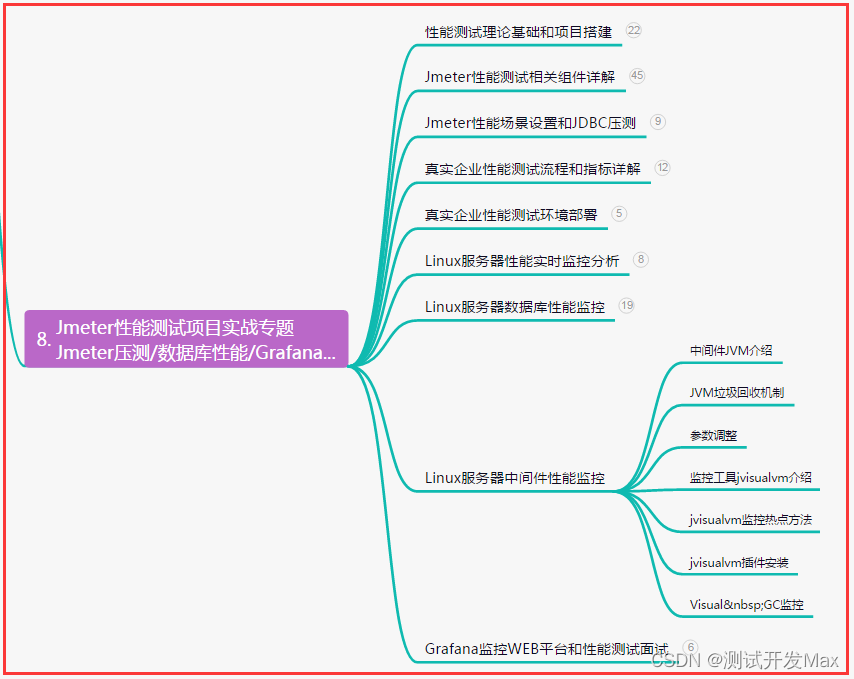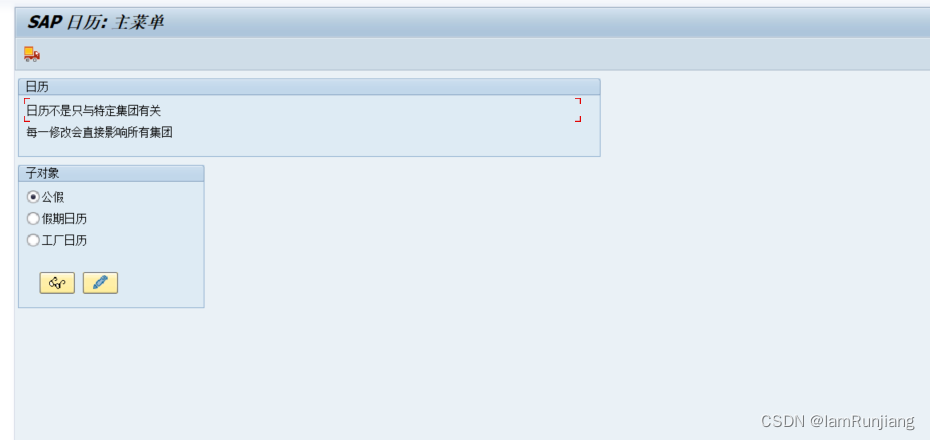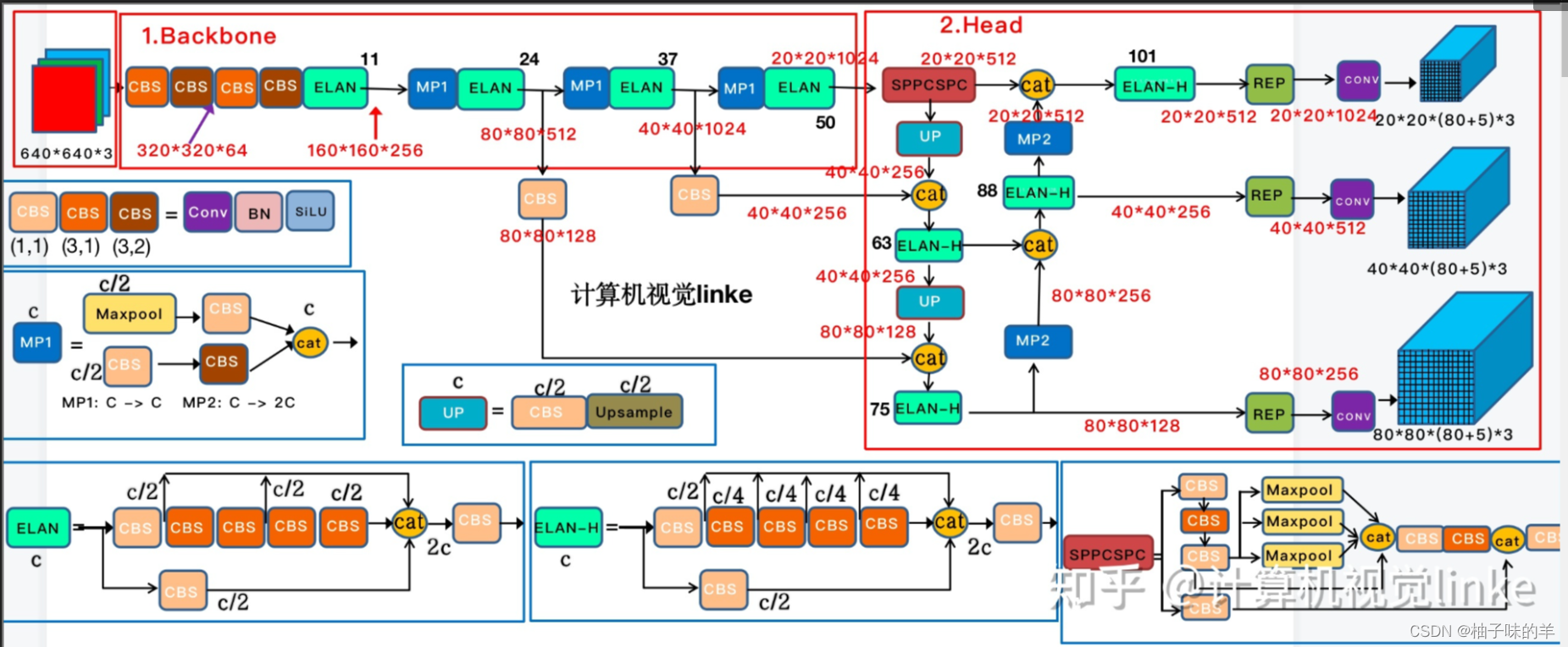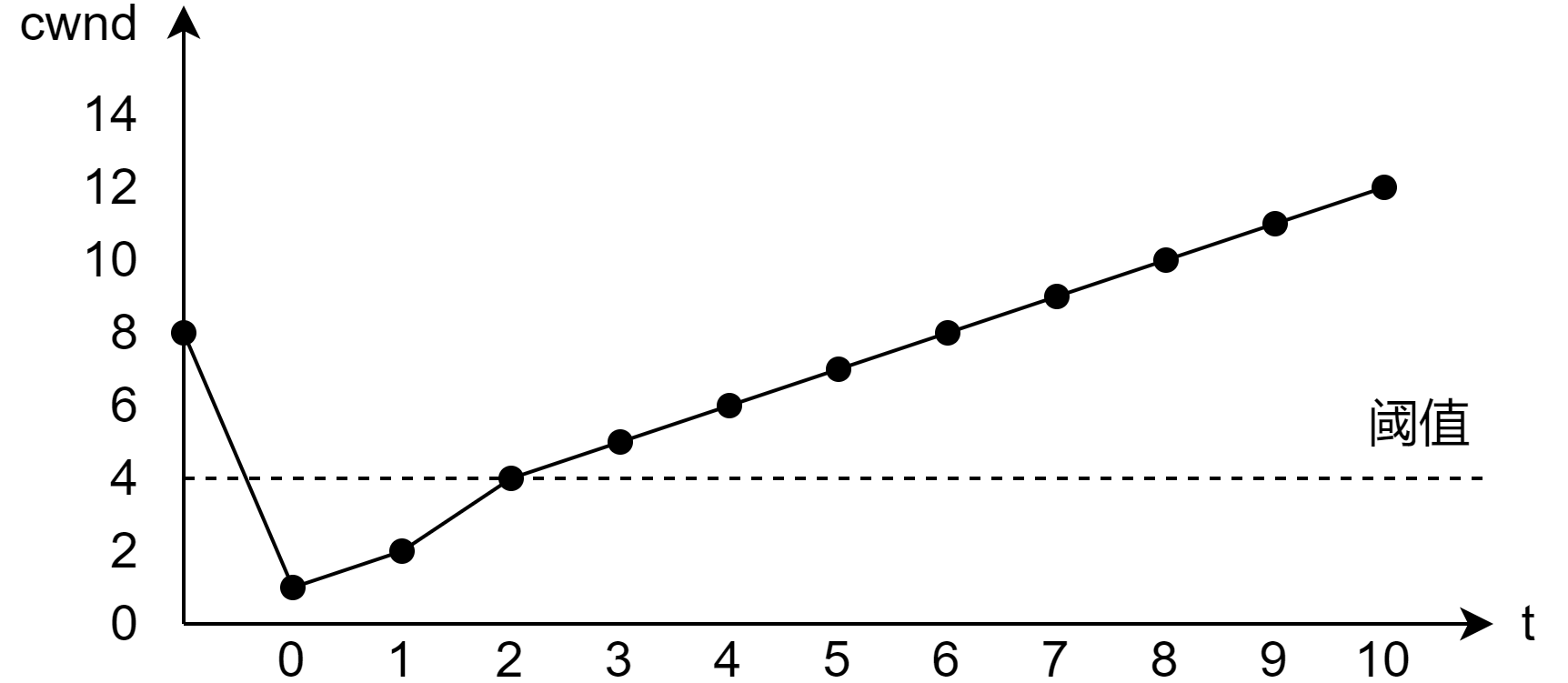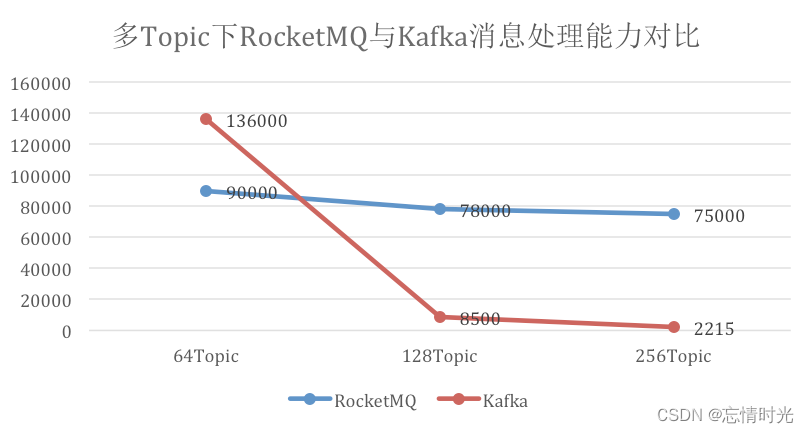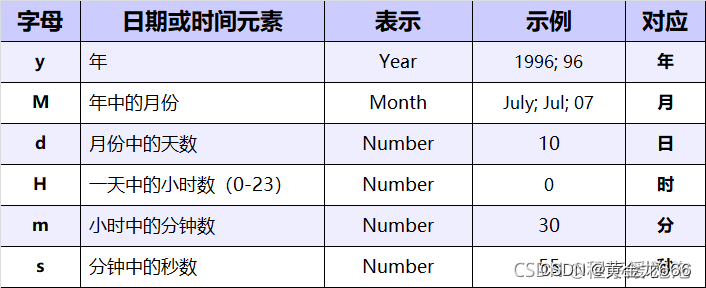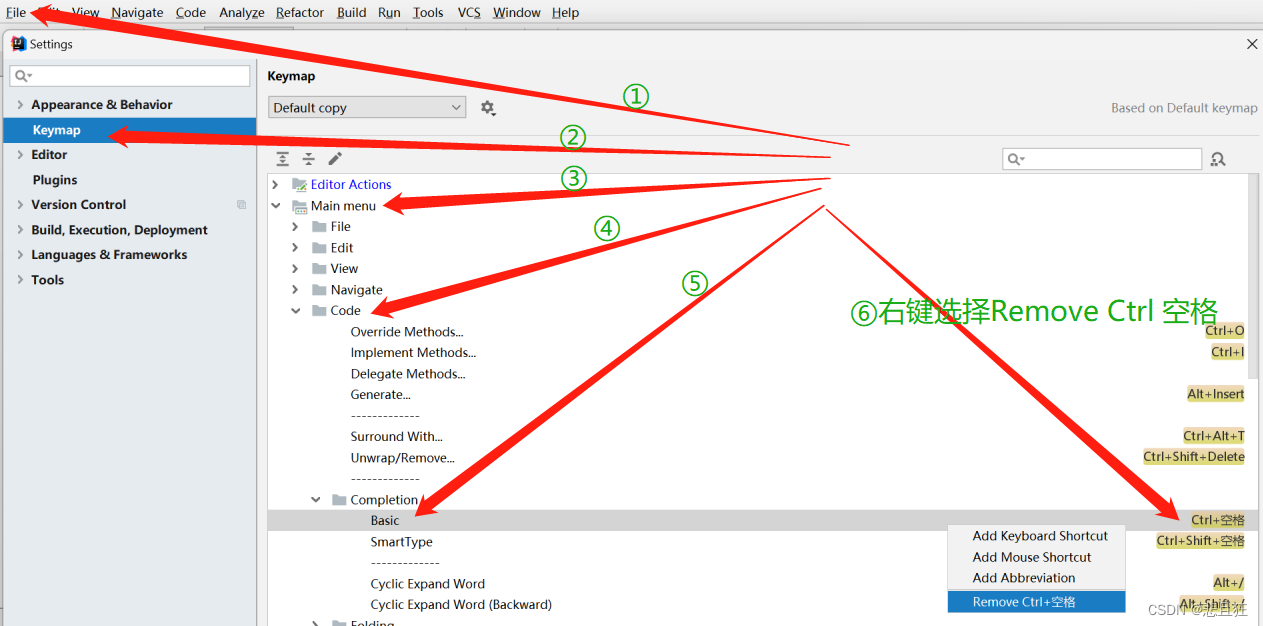名字:阿玥的小东东
学习:Python、C/C++
主页链接:阿玥的小东东的博客_CSDN博客-python&&c++高级知识,过年必备,C/C++知识讲解领域博主

目录
首先
接下来需要定义各种类型的物业,包括普通物业、铁路、公用事业等等。
接下来需要定义一些特殊的位置,比如Jail、Free Parking、Go To Jail等等。
然后需要定义一些Chance和Community Chest卡片
最后,需要定义一个Game类
完整代码
本期推荐
首先
需要定义一个Player类来跟踪每个玩家的状态,包括姓名、当前拥有的资金、当前所处的位置以及已经购买的物业信息。此外还需要一些方法,比如移动、支付、收取资金、破产等等。
class Player:
def __init__(self, name, money):
self.name = name
self.money = money
self.position = 0
self.properties = []
def move(self, steps):
self.position = (self.position + steps) % 40 # 地图总共40个位置
print(self.name, 'moved to position', self.position)
def pay(self, amount):
self.money -= amount
print(self.name, 'paid', amount, 'and now has', self.money)
def receive(self, amount):
self.money += amount
print(self.name, 'received', amount, 'and now has', self.money)
def bankrupt(self):
print(self.name, 'is bankrupt!')
接下来需要定义各种类型的物业,包括普通物业、铁路、公用事业等等。
每种物业都有自己的名字、价格、租金等属性,同时还有一些特殊的方法,比如购买、支付租金、升级等等。
class Property:
def __init__(self, name, cost, rent):
self.name = name
self.cost = cost
self.rent = rent
self.owner = None
def pay_rent(self, player):
player.pay(self.rent)
def buy(self, player):
player.pay(self.cost)
player.properties.append(self)
self.owner = player
def land_on(self, player):
if self.owner is None:
action = input('Do you want to buy ' + self.name + ' for ' + str(self.cost) + '? (y/n) ')
if action.lower() == 'y':
self.buy(player)
elif self.owner == player:
print('You already own', self.name)
else:
self.pay_rent(player)
def __str__(self):
return self.name
class Street(Property):
def __init__(self, name, cost, rent, color):
super().__init__(name, cost, rent)
self.color = color
self.houses = 0
def pay_rent(self, player):
amount = self.rent[self.houses]
player.pay(amount)
def build_house(self):
self.houses += 1
print('Built a house on', self.name)
self.rent = self.rent[:self.houses] + [self.rent[self.houses] * 2] + self.rent[self.houses+1:]
def __str__(self):
return super().__str__() + ' (' + self.color + ')'
class Utility(Property):
def __init__(self, name, cost):
super().__init__(name, cost, None)
def pay_rent(self, player, steps):
amount = steps * 10 if self.owner.utilities_owned == 1 else steps * 20
player.pay(amount)
class Railroad(Property):
def __init__(self, name, cost):
super().__init__(name, cost, [25, 50, 100, 200])
def pay_rent(self, player):
amount = self.rent[self.owner.railroads_owned-1]
player.pay(amount)
接下来需要定义一些特殊的位置,比如Jail、Free Parking、Go To Jail等等。
class Jail(Property):
def __init__(self):
super().__init__('Jail', None, None)
class FreeParking(Property):
def __init__(self):
super().__init__('Free Parking', None, None)
class GoToJail(Property):
def __init__(self):
super().__init__('Go To Jail', None, None)
然后需要定义一些Chance和Community Chest卡片
,包括描述、执行的操作以及可能涉及到的金额等等。当玩家经过Chance或Community Chest位置时,需要随机抽取一张卡片并执行对应的操作。
class Chance:
def __init__(self, description, action, amount=0):
self.description = description
self.action = action
self.amount = amount
def execute(self, player, game):
if self.action == 'move':
player.move(self.amount)
game.land_on(player)
elif self.action == 'pay':
player.pay(self.amount)
elif self.action == 'receive':
player.receive(self.amount)
class CommunityChest:
def __init__(self, description, action, amount=0):
self.description = description
self.action = action
self.amount = amount
def execute(self, player):
if self.action == 'move':
player.move(self.amount)
elif self.action == 'pay':
player.pay(self.amount)
elif self.action == 'receive':
player.receive(self.amount)
最后,需要定义一个Game类
用于管理整个游戏的进程。在游戏开始时,需要随机分配玩家的位置和顺序。每一轮玩家依次行动,根据投掷的骰子数目移动到新的位置,然后执行该位置对应的操作,包括支付租金、购买物业、抽取Chance和Community Chest卡片等等。如果一个玩家资金不够支付租金或遇到其他困难而破产,则该玩家退出游戏。当只剩下一个玩家时,游戏结束,该玩家获胜。
class Game:
def __init__(self, players, properties, chances, community_chests):
self.players = players
self.properties = properties
self.chances = chances
self.community_chests = community_chests
def land_on(self, player):
property = self.properties[player.position]
print(player.name, 'landed on', property)
if isinstance(property, Property):
property.land_on(player)
elif isinstance(property, Chance):
card = self.chances.pop(0)
self.chances.append(card)
print(player.name, 'picked a chance card:', card.description)
card.execute(player, self)
elif isinstance(property, CommunityChest):
card = self.community_chests.pop(0)
self.community_chests.append(card)
print(player.name, 'picked a community chest card:', card.description)
card.execute(player)
def play(self):
round_num = 1
while True:
print('\n----- Round', round_num, '-----\n')
random.shuffle(self.players)
for player in self.players:
print('\n---', player.name, '---\n')
dice_roll = random.randint(2, 12)
print(player.name, 'rolled a', dice_roll)
player.move(dice_roll)
self.land_on(player)
if player.money <= 0:
player.bankrupt()
self.players.remove(player)
if len(self.players) == 1:
self.players[0].win()
return
round_num += 1
完整代码
因为不可能给大家把完整代码放这里,所以剩下的大家可以自行完善
import random
class Player:
def __init__(self, name, money):
self.name = name
self.money = money
self.position = 0
self.properties = []
self.railroads_owned = 0
self.utilities_owned = 0
def move(self, steps):
self.position = (self.position + steps) % 21 # 地图总共21个位置
print(self.name, 'moved to position', self.position)
def pay(self, amount):
self.money -= amount
print(self.name, 'paid', amount, 'and now has', self.money)
def receive(self, amount):
self.money += amount
print(self.name, 'received', amount, 'and now has', self.money)
def bankrupt(self):
print(self.name, 'is bankrupt!')
def win(self):
print(self.name, 'wins!')
class Property:
def __init__(self, name, cost, rent):
self.name = name
self.cost = cost
self.rent = rent
self.owner = None
def pay_rent(self, player):
player.pay(self.rent)
def buy(self, player):
player.pay(self.cost)
player.properties.append(self)
self.owner = player
def land_on(self, player):
if self.owner is None:
action = input('Do you want to buy ' + self.name + ' for ' + str(self.cost) + '? (y/n) ')
if action.lower() == 'y':
self.buy(player)
elif self.owner == player:
print('You already own', self.name)
else:
self.pay_rent(player)
def __str__(self):
return self.name
class Street(Property):
def __init__(self, name, cost, rent, color):
super().__init__(name, cost, rent)
self.color = color
self.houses = 0
def pay_rent(self, player):
amount = self.rent[self.houses]
player.pay(amount)
def build_house(self):
self.houses += 1
print('Built a house on', self.name)
self.rent = self.rent[:self.houses] + [self.rent[self.houses] * 2] + self.rent[self.houses+1:]
def __str__(self):
return super().__str__() + ' (' + self.color + ')'
class Utility(Property):
def __init__(self, name, cost):
super().__init__(name, cost, None)
def pay_rent(self, player, steps):
amount = steps * 10 if self.owner.utilities_owned == 1 else steps * 20
player.pay(amount)
class Railroad(Property):
def __init__(self, name, cost):
super().__init__(name, cost, [25, 50, 100, 200])
def pay_rent(self, player):
amount = self.rent[self.owner.railroads_owned-1]
player.pay(amount)
class Chance:
def __init__(self, description, action, amount=0):
self.description = description
self.action = action
self.amount = amount
def execute(self, player, game):
if self.action == 'move':
player.move(self.amount)
game.land_on(player)
elif self.action == 'pay':
player.pay(self.amount)
elif self.action == 'receive':
player.receive(self.amount)
class Tax:
def __init__(self, description, amount):
self.description = description
self.amount = amount
def pay(self, player):
player.pay(self.amount)
def __str__(self):
return self.description + ' (' + str(self.amount) + ')'
class CommunityChest:
def __init__(self, description, action, amount=0):
self.description = description
self.action = action
self.amount = amount
def execute(self, player):
if self.action == 'move':
player.move(self.amount)
elif self.action == 'pay':
player.pay(self.amount)
elif self.action == 'receive':
player.receive(self.amount)
class Game:
def __init__(self, players, properties, chances, taxes, community_chests):
self.players = players
self.properties = properties
self.chances = chances
self.taxes = taxes
self.community_chests = community_chests
def land_on(self, player):
property = self.properties[player.position]
print(player.name, 'landed on', property)
if isinstance(property, Property):
property.land_on(player)
elif isinstance(property, Tax):
property.pay(player)
elif isinstance(property, Chance):
card = self.chances.pop(0)
self.chances.append(card)
print(player.name, 'picked a chance card:', card.description)
card.execute(player, self)
elif isinstance(property, CommunityChest):
card = self.community_chests.pop(0)
self.community_chests.append(card)
print(player.name, 'picked a community chest card:', card.description)
card.execute(player)
def play(self):
round_num = 1
while True:
print('\n----- Round', round_num, '-----\n')
for player in self.players:
print('\n---', player.name, '---\n')
dice_roll = random.randint(2, 12)
print(player.name, 'rolled a', dice_roll)
player.move(dice_roll)
self.land_on(player)
if player.money <= 0:
player.bankrupt()
self.players.remove(player)
if len(self.players) == 1:
self.players[0].win()
return
round_num += 1
# 创建游戏地图和物业
properties = [Property('GO', 0, None),
Street('Mediterranean Avenue', 60, [2, 10, 30, 90, 160, 250], 'brown'),
Chance('Advance to St. Charles Place', 'move', 11),
Street('Baltic Avenue', 60, [4, 20, 60, 180, 320, 450], 'brown'),
Tax('Income Tax', 200),
Railroad('Reading Railroad', 200),
Street('Oriental Avenue', 100, [6, 30, 90, 270, 400, 550], 'light blue'),
Chance('Advance to Boardwalk', 'move', 39),
Street('Vermont Avenue', 100, [6, 30, 90, 270, 400, 550], 'light blue'),
Street('Connecticut Avenue', 120, [8, 40, 100, 300, 450, 600], 'light blue'),
Property('Jail', None, None),
Street('St. Charles Place', 140, [10, 50, 150, 450, 625, 750], 'pink'),
Utility('Electric Company', 150),
Street('States Avenue', 140, [10, 50, 150, 450, 625, 750], 'pink'),
Street('Virginia Avenue', 160, [12, 60, 180, 500, 700, 900], 'pink'),
Railroad('Pennsylvania Railroad', 200),
Street('St. James Place', 180, [14, 70, 200, 550, 750, 950], 'orange'),
Chance('Advance to Illinois Avenue', 'move', 24),
Street('Tennessee Avenue', 180, [14, 70, 200, 550, 750, 950], 'orange'),
Street('New York Avenue', 200, [16, 80, 220, 600, 800, 1000], 'orange'),
Property('Free Parking', None, None),
Street('Kentucky Avenue', 220, [18, 90, 250, 700, 875, 1050], 'red'),
Chance('Advance to Boardwalk', 'move', 39),
Street('Indiana Avenue', 220, [18, 90, 250, 700, 875, 1050], 'red'),
Street('Illinois Avenue', 240, [20, 100, 300, 750, 925, 1100], 'red'),
Railroad('B.&O. Railroad', 200),
Street('Atlantic Avenue', 260, [22, 110, 330, 800, 975, 1150], 'yellow'),
Street('Ventnor Avenue', 260, [22, 110, 330, 800, 975, 1150], 'yellow'),
Utility('Water Works', 150),
Street('Marvin Gardens', 280, [24, 120, 360, 850, 1025, 1200], 'yellow'),
Property('Go To Jail', None, None),
Street('Pacific Avenue', 300, [26, 130, 390, 900, 1100, 1275], 'green'),
Street('North Carolina Avenue', 300, [26, 130, 390, 900, 1100, 1275]以上是一个简单的大富翁游戏的代码框架和一些示例代码,希望能对您有帮助。这只是一个初步的代码,还需要根据需求进行优化和完善。

本期推荐

截止日期:6月29日20:00
参与方式:点赞+收藏+评论:人生苦短,我用Python!!!(否则无效)
本真正从漏洞靶场、项目案例来指导读者提高Web安全、漏洞利用技术与渗透测试技巧的图书。本书以新手实操为出发点,搭建漏洞靶场:解析攻防原理+详解攻防手法+构建完整攻防体系。
本书从一开始便对Web开发基础和靶场搭建做了详细介绍,结合红日安全团队的漏洞挖掘和评估项目实战经验对各种实战技术进行分析,便于读者理解书中讲到的项目评估攻防案例的底层逻辑。
内容简介
我们都生活在移动互联网时代,个人信息、企业信息等都暴露在互联网之下。一旦有居心叵测的人攻破网络,会造成无法估量的损失。本书结合红日安全团队的多年经验,深入讲解Web安全的相关知识。
全书共21章,第1章到第6章讲解入门知识,包括HTTP基本概念、工具实战、信息收集、靶场搭建等内容;第7章到第20章讲解Web渗透测试的14个典型漏洞案例,包括SQL注入、XSS漏洞、CSRF漏洞、SSRF漏洞、任意文件上传、业务逻辑漏洞等内容;第21章是项目实战,主要模拟真实Web安全评估项目。
当当销售链接:《Web安全攻防从入门到精通 红日安全出品》(红日安全)【简介_书评_在线阅读】 - 当当图书

![强化学习从基础到进阶-常见问题和面试必知必答[5]::梯度策略、添加基线(baseline)、优势函数、动作分配合适的分数(credit)](https://img-blog.csdnimg.cn/d553c7dadca54bdb82a3a234befb74d8.png#pic_center)

